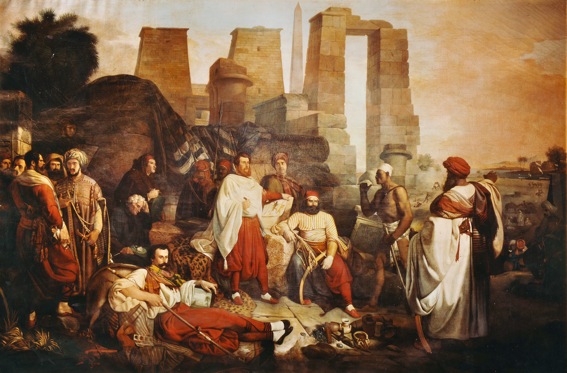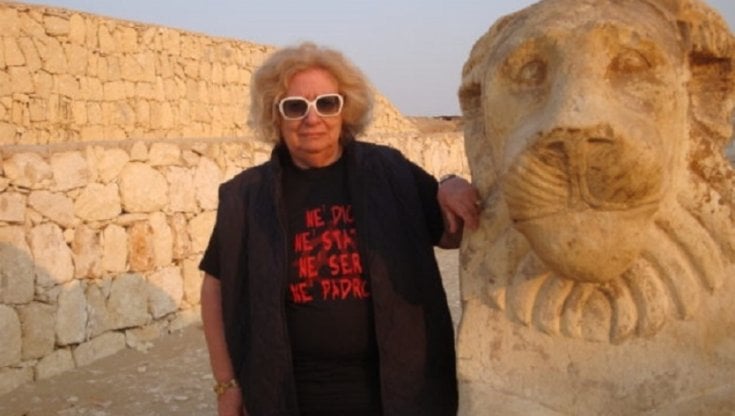
The first official class in Europe on History, Language and Archaeology of ancient Egypt was held in 1826 at the University of Pisa by Ippolito Rosellini, professor of Oriental Languages and a student of J. F. Champollion, the decipherer of hieroglyphs (1822). Ippolito Rosellini, with the support of Leopold II of Tuscany, directed the famous Tuscan Expedition in Egypt and Nubia (1828-1829) alongside the French expedition led by J. F. Champollion. The French and Tuscan members of the expedition are depicted in a large oil painting by G. Angelelli, preserved in the Archaeological Museum of Florence
In 1843, the year of Rosellini’s death, the teaching was closed for over a century, both in Pisa and in Italy. It then returned active at the University of Pisa from the academic year 1950-51, with Sergio Donadoni. He had been a student at the Scuola Normale and had graduated in 1934 with Annibale Evaristo Breccia, an eminent historian and archaeologist, professor at the University of Pisa, of which he was also Rector from 1939 to 1941. When Sergio Donadoni moved to the University of Milan in 1959, the chair passed to his student Edda Bresciani (picture on the right) – the first Italian graduate in Egyptology – who in 1968 would have become full professor.

When Sergio Donadoni moved to the University of Milan in 1959, the chair passed to his student Edda Bresciani (picture on the right) – the first Italian graduate in Egyptology – who in 1968 would have become full professor. Now emeritus professor, she directed many archaeological excavations in Egypt (in Assuan, Thebes, Saqqara and Fayum) with great scientific discoveries, and in 1978 she founded “Egitto e Vicino Oriente” journal.
Many scholars have been trained by her and are now active in the field of studies and teaching of Egyptology in Italian universities, such as Sergio Pernigotti, Marilina Betrò, Flora Silvano and Paolo Gallo. The tradition of research, teaching and archaeological activities in Egyptology in Pisa has been continued today by Marilina Betrò, full professor of this subject.
